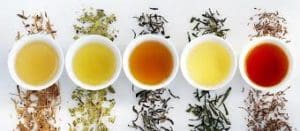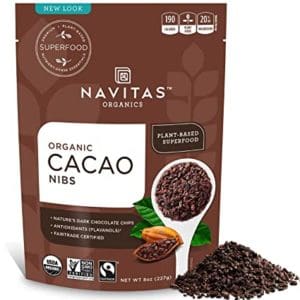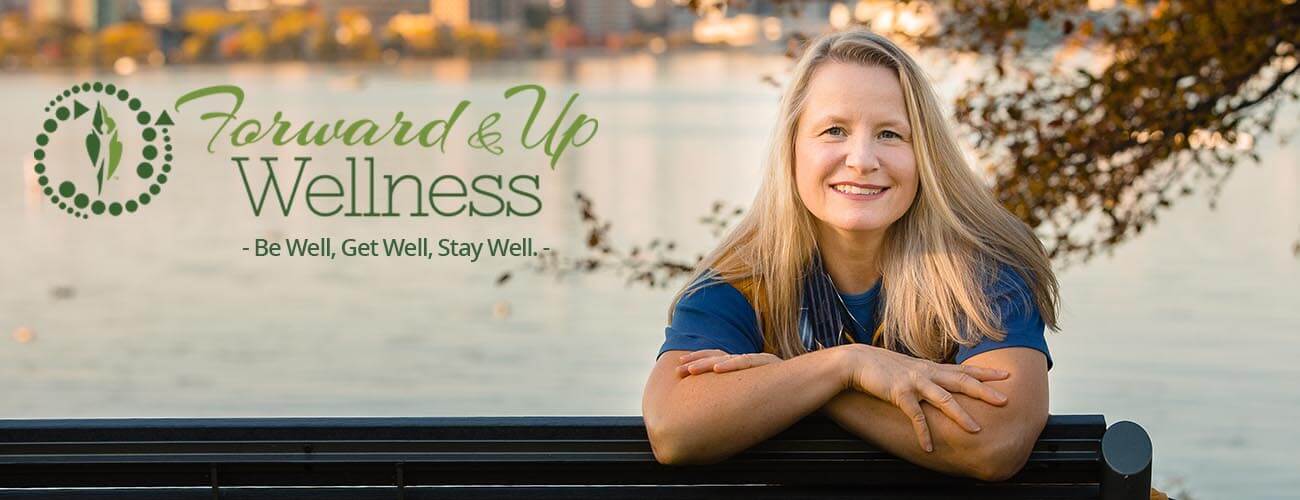What’s the big deal about a cup of coffee?
The blog post b elow comes from the Functional Nutrition Alliance and was written by Andrea Nakayama, so well written that there was no need for me to rewrite it, just to share it with you! And I wanted to share WHY I even looked up this post on her website to begin with. I don’t “do” caffeine. I have never needed caffeine or a morning jolt for my daily energy, I’m lucky. But I did chance upon some energizing teas made by Shaklee a few years ago, and just because of the taste, I’m hooked on a morning cup of tea. I’d be fine if this Shaklee tea was decaff, but it’s not, it has about 70mg of caffeine in it. The caffeine is derived from white, green and red macha teas, so it’s not coffee, but it is caffeine.
elow comes from the Functional Nutrition Alliance and was written by Andrea Nakayama, so well written that there was no need for me to rewrite it, just to share it with you! And I wanted to share WHY I even looked up this post on her website to begin with. I don’t “do” caffeine. I have never needed caffeine or a morning jolt for my daily energy, I’m lucky. But I did chance upon some energizing teas made by Shaklee a few years ago, and just because of the taste, I’m hooked on a morning cup of tea. I’d be fine if this Shaklee tea was decaff, but it’s not, it has about 70mg of caffeine in it. The caffeine is derived from white, green and red macha teas, so it’s not coffee, but it is caffeine.
Which brings me to why I’m sharing all of this; I’m on a personal healing journey, and I’m “cleaning in the corners” so to speak of my body, eliminating some of the “little things” that one would think wouldn’t have too much of an impact on health. There’s a very long story that I’ll spare you, but the gist is that I have had disrupted sleep for over a decade due to menopausal issues, due to a really high level of chronic stress that spans close to a lifetime. There, that wasn’t too long:) So I went on a quest to clean up this little corner of caffeine in my life and to nix the tea (even though it’s sourced with good ingredients, but it does have added sugar, another nixing thing for me) and to try the alternative that Andrea shares below…and WHY it’s important to look at this little “dirty corner” in my life to step up my healing that one next step…I hope you enjoy, and I’d love to hear your thoughts/coffee alternatives in the comments!
The following was written by Andrea Nakayama of the Functional Nutrition Alliance.
Recently I’ve had coffee brain.

No, I haven’t been drinking coffee. It’s been years since I’ve had a cup. In my younger days I worked in coffee shops and savored lattes throughout the day. Then came the years where I sought out the best quality beans, ground them fresh each morning and delicately brewed the grind in a turkish tea pot on my stovetop for the most sumptuous elixir.
But those days are long over. So why the coffee brain? Well its all a matter of chemistry.
When I was studying nutrition, and going through several years of hard-core sciences to gain a solid physiological foundation, I had a cousin say to me: That’s interesting that you think of nutrition on a chemical level. I never would have thought about it like that. (Curiously, she was studying to be a doctor at the time.)
Her comment surprised me. And not just because of her field of study.
Chemistry is happening in your body every millisecond of every day. It’s happening right now! There’s no way to escape it, thankfully. When you eat a food, chemical processes take place to break down and utilize the nutrients and constituents of that food. Your cells don’t really eat a burger and fries for lunch. They don’t even eat a green smoothie! Instead that burger becomes an amino acid and the smoothie and fries become glucose to feed your cells, but only with the help of some major mechanical and chemical processes in your digestive system.
When you take drugs or pharmaceuticals, chemistry occurs that may thwart other chemical progressions in your body that have nothing to do with the reason you are taking that drug in the first place! This is often the cause of those pesky things called side effects.
Recently I turned that geeky part of my thinking-brain to coffee.
Just what are you brewing inside your body when you drink that daily cup of coffee?
You’ll be super pleased to know that there’s been great research showing the many health benefits of coffee. The research spans from looking at the other stimulants besides caffeine contained in coffee ~ like theobromine (also contained in raw chocolate and which translates in Greek to theobroma, or “food of the gods”), to the advantages of a dark roast vs. a light roast on the health of stomach acid.
Even researchers are eager to defend their morning cup-of-Joe!
My concerns with coffee have less to do with their health promoting potentials than what’s actually going on in your body when the coffee enters the picture.
Whether coffee does the body good really depends on the body!
Like I said, its all a matter of chemistry.
As you likely know, coffee is primarily consumed for its mood elevating and stimulating effects. These take place about 30 minutes after ingestion. Those energizing results are due to coffee’s ability to increase both dopamine and adrenaline in your brain. Think about it: dopamine is the feel-good and pleasure chemical in your brain that makes you feel enlivened and in charge; adrenaline is associated with drive and motivation. The payoff is that you feel more alert and galvanized to tackle whatever is on your plate or ahead of you in your day.
But just like that Grande Latte, it doesn’t come without a price.
That increase in dopamine and adrenaline that you get when you drink coffee are achieved by blocking the brain chemical called adenosine. One of adenosine’s natural functions, as an inhibitory neurotransmitter, is to thwart the release of dopamine, but that’s not all it does.
Typically our production of adenosine, which is responsible for energy transfer at a cellular level (think ATP and ADP), modulating internal inflammation (which is at the root cause of most chronic disease), as well as the health of your heart increases with each hour you’re awake. So the longer you’re awake, the more adenosine you produce. And again, that increased production throughout the day is helping with cellular energy, quelling internal inflammation, and helping your heart to function properly. In this way adenosine suppresses the production of that dopamine and plays a role in promoting sleep and quieting arousal.
I have a dear friend from college who has struggled with insomnia for as long as I’ve known her. She’s had this problem more than half her life! Last year she decided to embark on one of my detoxes. And during that process, she kicked her long-term coffee habit. She’d never associated her morning coffee with her inability to sleep at night, but once she gave up the habit, she began to sleep like a baby for the first time in her life. That was a year and a half ago and she hasn’t gone back yet.
Sleep is only one of the ways in which coffee could be effecting your life and your body. Where else might there be some consequence in what you consume?
There’s really no reason to get too techy about what you eat, take or drink. Instead you can think of it more like karma. Everything you ingest does have a cause and effect.
Eater’s Digest Homework:
Intro: Consider the karma of one meal you consume. Think about where the food and drink came from and what it might be doing inside of you. Get “meta” and think about the cause and effect of the grub.
2.0: Get karmic with an entire day of food consumption from your morning coffee to your midnight snack. Check it out! It could be fun.
(Scroll down to the bottom of the page for the recipe.)
Mocha Dandy Latte
serves 2
ingredients
1 cup hot water
1 cup nut, hemp or coconut milk
2 teaspoons Dandy Blend (gluten-free coffee substitute)
1 to 2 teaspoons raw cacao powder
1 dropper full of liquid stevia
shake of cinnamon
1 teaspoon coconut oil or ghee
preparation
Combine all ingredients except the hot water in a cup with room to whisk or a blender. Whisk or blend until well combined. Pour into cup (if using a blender) and add hot water.
If you prefer this extra hot, heat the water along with the blended contents in a small pot on the stove top until heated but not boiling.
Note: This mocha is kid-friendly!
